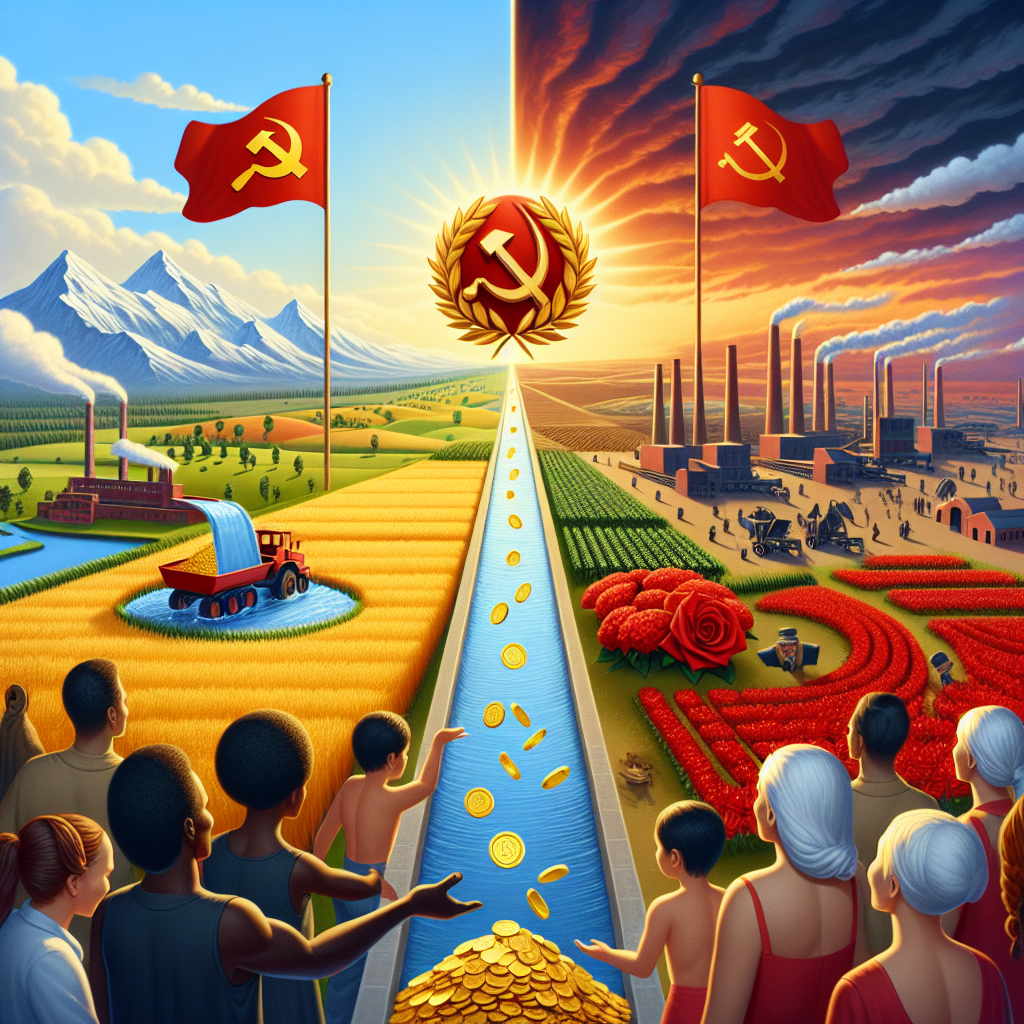What the Hell are... Communism and Socialism?

What the Hell are... Communism and Socialism?
Think of socialism as the friendly neighbor who wants to make sure everyone has what they need. In a socialist system, important things like healthcare and education are often provided by the government. Countries like Sweden and Denmark are great examples. They tax citizens a bit more but use that money to provide fantastic social services, helping reduce inequality and ensure everyone gets a fair shot.
Now, communism is like the ultimate team player—everyone shares everything. The idea is to create a classless society where all property is owned collectively. The Soviet Union (USSR) is a famous example, where the government controlled everything. It aimed for equality but often ended up with strict rules and limited freedoms.
China also started as a communist state in 1949, but over time, it mixed in some market reforms, leading to rapid economic growth while keeping a tight grip on political power. Having lived in urban China with a rural China outside the city, I have seen China rapidly advance its interests with huge treasury checks to infrastructure, education, and population control. The Chinese version of a capitalist-dependant communism is intoxicating to those who understand their national geopolitics. Their successes are extrememly visible in just the last 20 years, where a century of bicycle riders en masse became a wealthy sub-elitist culture of e-bikes by the millions. I'll bet a leading cause of injury in China, is tripping over powercords that snake off to a googal of electric bikes. We Western powers built this China by using their cheap labor.
While both ideas want to tackle inequality, socialism leans toward democratic governance and individual rights, while communism aims for a classless society, sometimes at the cost of personal freedoms.
In a nutshell, socialism is about sharing resources more evenly, and communism is about sharing everything. Each has its own story and challenges, shaped by history and culture.
